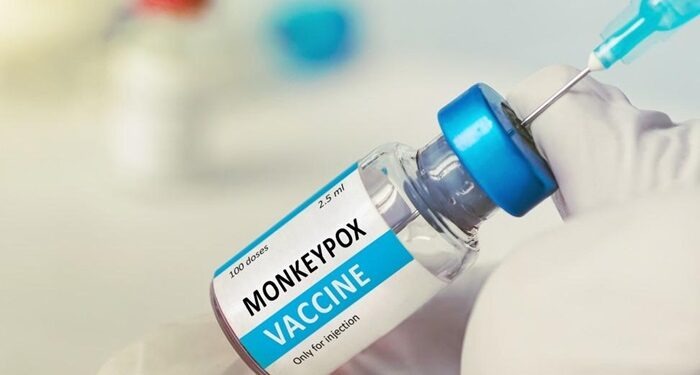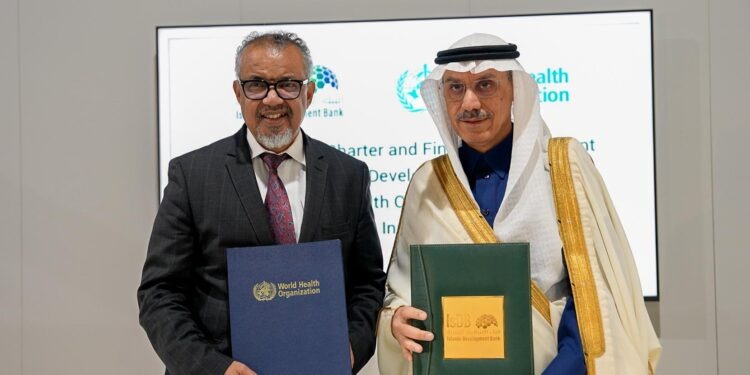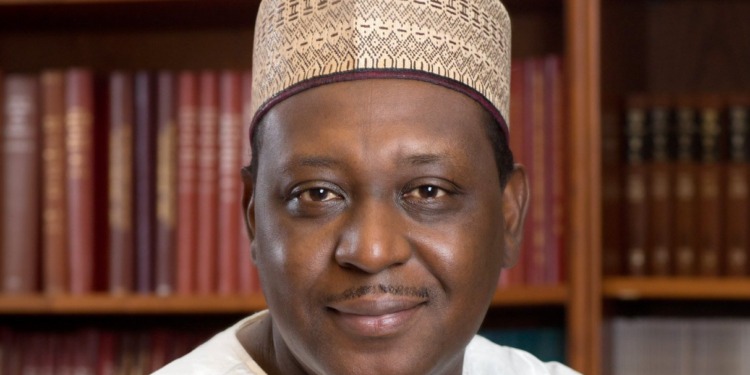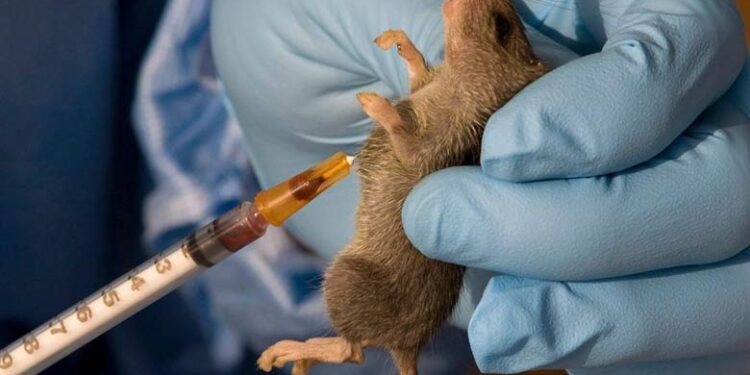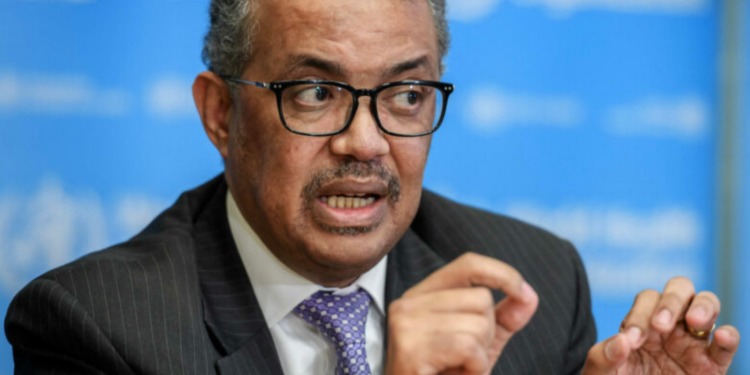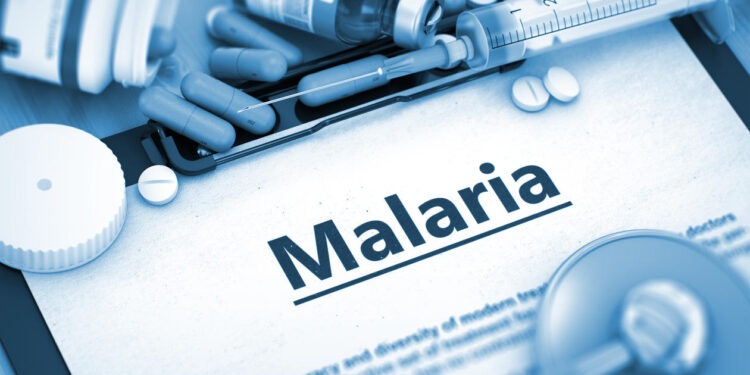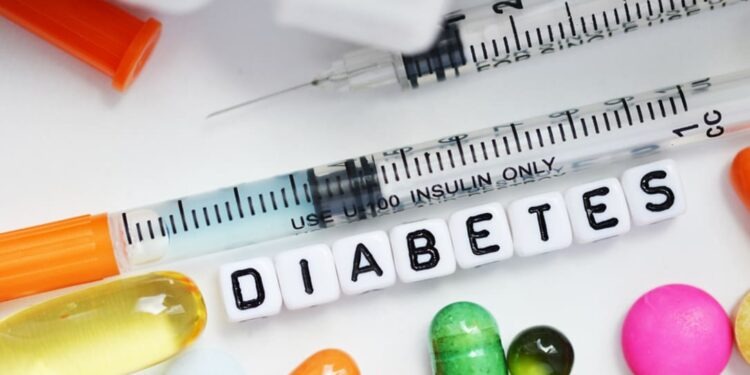Nigeria’s disease burden could reach 21% due to climate change and its escalating impact, a new report warns, emphasizing the urgent need for resilient health systems to address mounting climate risks. The report, titled National Vulnerability and Adaptation (V&A) Assessment, was unveiled by the World Health Organization (WHO) during the Health Sector-Wide Joint Annual Review …

